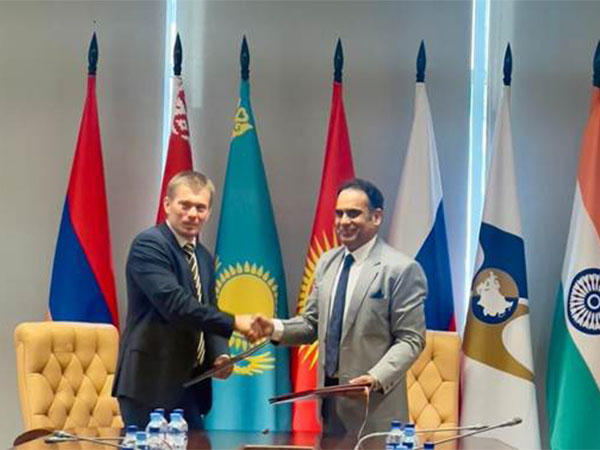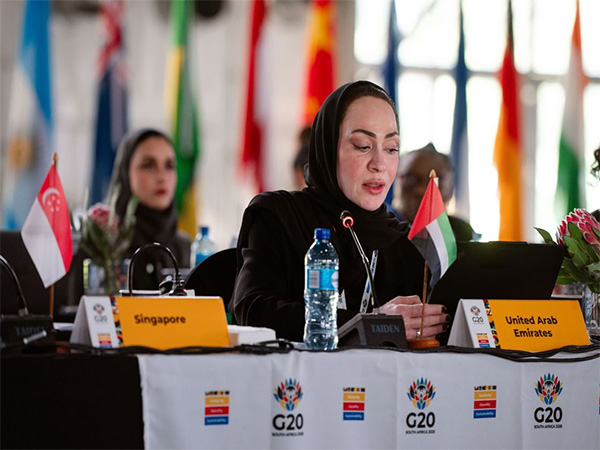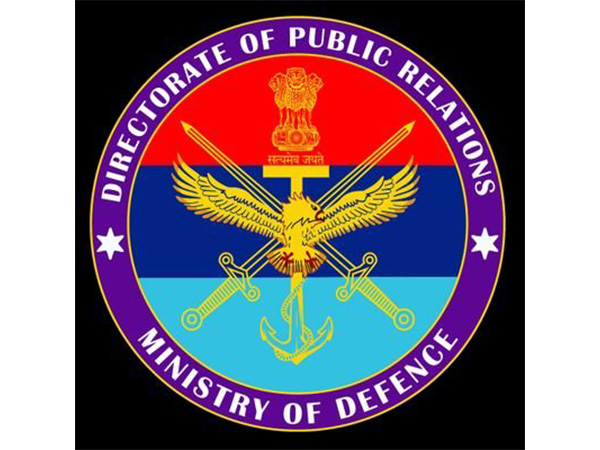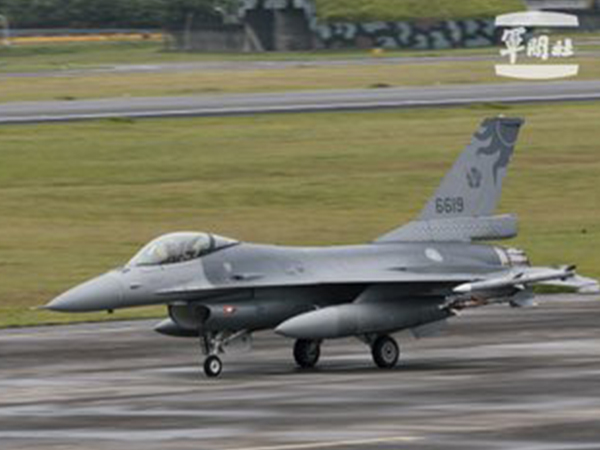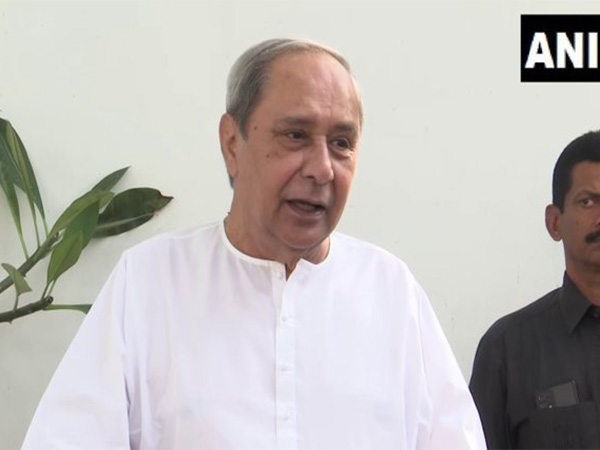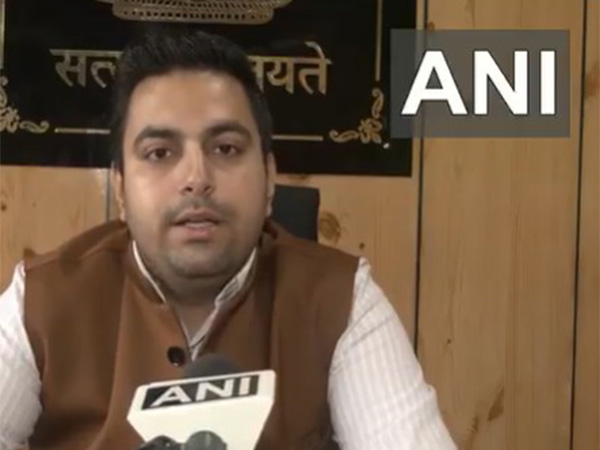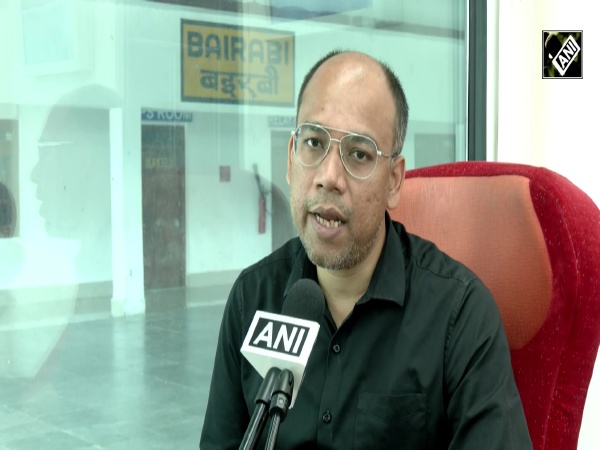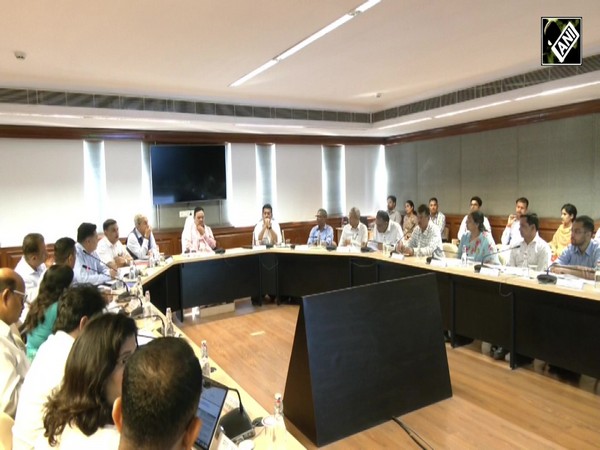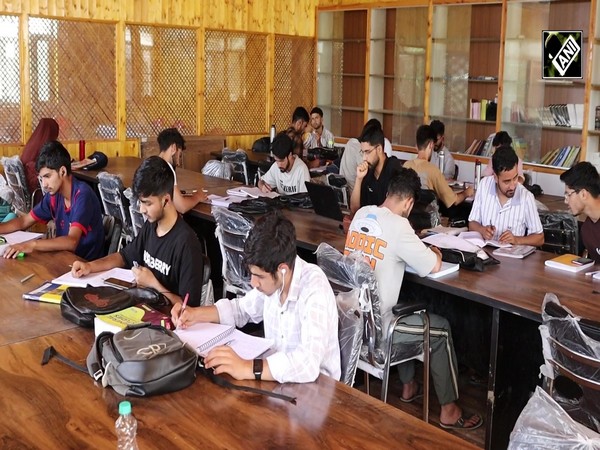Cranfield University's Thermal Power and Propulsion MSc: helping to shape the future of power generation
Jun 23, 2022

New Delhi [India], June 23 (ANI/SRV): Cranfield University, one of the prominent universities in the United Kingdom for aerospace engineering, offers an MSc in Thermal Power and Propulsion to allow students to explore the design and operation of different types of gas turbines for all applications.
Backed by a legacy of postgraduate education in aerospace propulsion since 1946, the MSc in Thermal Power and Propulsion programme features four specialisations: aerospace propulsion, gas turbine technology, power, propulsion and the environment, and rotating machinery, engineering and management.
The Royal Aeronautical Society (RAeS) and the Institute of Mechanical Engineers (IMechE) on behalf of the Engineering Council have accredited the Thermal Power and Propulsion MSc programme as meeting the requirements for further learning for registration as a Chartered Engineer (CEng). The one-year, full-time programme helps engineering graduates pursue specific interests and career aspirations, with twin yearly intakes in March and October.
The students of the MSc in Thermal Power and Propulsion are mentored and guided by renowned faculty and recognised industry partners. The programme enjoys extensive industry support from guest lectures to recruiting student graduates and maintaining course relevancy.
The Industrial Advisory Panel comprises senior engineers from companies such as EASA, easyJet, RMC, Rolls-Royce and Uniper Technologies, who bring their extensive knowledge and experience to keep the programme and the students abreast of the latest industry research.
To provide both fundamental and applied knowledge, the course is delivered through 50% taught modules and a 50 per cent individual research project. The former has been designed keeping in mind the needs of the business and industry, including the research interests of the faculty. It consists of compulsory and optional modules; wherein students can opt for their preferred optional module to match specific career interests. For the individual project, a student must submit a written thesis that may be industrially sponsored and completed during the course.
The University has an impressive track record, with over 90 per cent of students who have completed the MSc in Thermal Power and Propulsion finding employment within the first year, in roles including gas turbine engine manufacturers, airframe manufacturers, and airline operators; as well as working for regulatory bodies, aerospace and energy consultancies, and within power production industries. Further, several graduates have also chosen to pursue doctoral studies and go into academia.
Leveraging its global reputation for advanced postgraduate education, the University also offers a PG Diploma (up to one year),along with a part-time MSc by research for two to three years (by arrangement).
Cranfield University offers in-depth knowledge of technology and management through a wide variety of postgraduate programmes. According to the recent QS World University Rankings by Subject, Cranfield University has been ranked 27th in the world in the subject area 'Engineering - Mechanical, Aeronautical and Manufacturing'.
It has climbed 18 places from last year's ranking and attained top scores in Employer and Academic Reputation. Known for its holistic and hands-on learning atmosphere, the University allows graduates to grow into industry-ready professionals.
To know more about the programme, visit:
https://www.cranfield.ac.uk/courses/taught/thermal-power
This story is provided by SRV. ANI will not be responsible in any way for the content of this article. (ANI/SRV)



